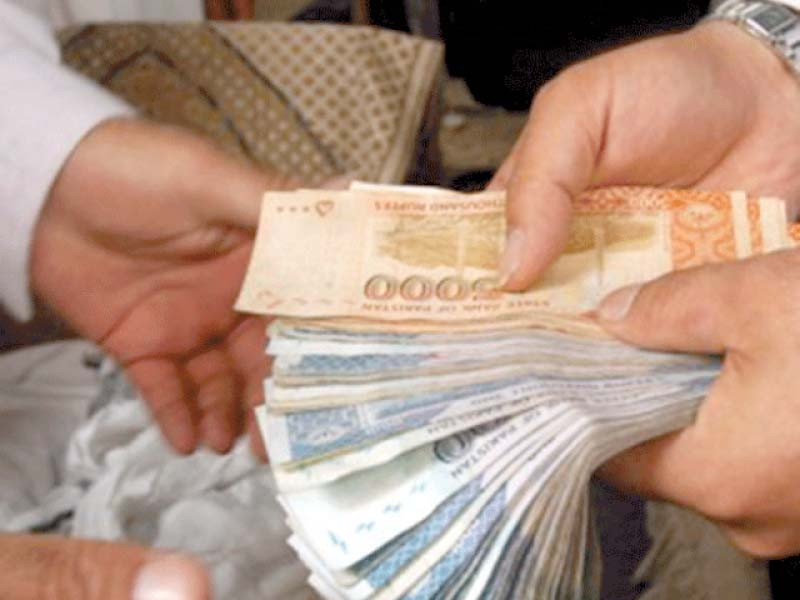
Pakistan’s central bank on Monday left the policy rate unchanged at 9.75% and strongly signaled that the era of rate hikes had come to an end, as the target of creating balance between inflation reading and economic growth had almost been achieved.
“The policy rate at 9.75% is appropriate,” State Bank of Pakistan (SBP) Governor Reza Baqir said while unveiling the Monetary Policy Statement (MPS) for the next one and a half month at a press conference.
“Now, the focus has shifted from controlling inflation to economic growth,” he said.
The State Bank of Pakistan (SBP) revised down its projection for economic growth by half a percentage point to 4.5% for current fiscal year 2021-22 compared to the previous forecast of 5%.
The inflation reading is likely to remain high in January as well, but it is set to descend from February-March 2022. It is likely to decelerate at a rapid pace in the next fiscal year.
Accordingly, the central bank’s projection for inflation for fiscal year 2021-22 remained unchanged at around 11%. However, it is projected to drop to 5-7% in 2022-23.
“If future data outturns require fine-tuning of monetary policy settings, the MPC (Monetary Policy Committee) expects that any change will be relatively modest,” he said.
“(For now), a further hike in the policy rate may unnecessarily compromise economic growth (beyond the projection of 4.5%) in fiscal year 2022-23,” Baqir said.
“Economic growth in the range of 4-6% is appropriate and sustainable in the context of Pakistan.”
Gradual drop in inflation reading over a period of time would automatically change the real interest rate (policy rate minus inflation reading) to positive from mildly negative at present, he said.
Moreover, improved coordination between the government’s fiscal policy and the central bank’s monetary policy helped create balance between inflation reading and sustainable economic growth.
The government has withdrawn certain tax exemptions through the Finance (Supplementary) Act 2021, while the central bank has increased the policy rate by a cumulative 275 basis points during September-December 2021 to 9.75%.
Moreover, it has enhanced the banks’ cash reserve requirement (CRR) by one percentage point to 6% and clipped car financing.
The Finance (Supplementary) Act 2021 is expected to help reduce unnecessary imports, slash aggregate demand and control inflation. “The Act has removed the requirement for further tightening of the monetary policy,” Baqir said.
The governor said that the current account balance would be in surplus if expensive oil imports were excluded.
The uptrend in international oil prices has the potential to widen the current account deficit beyond current projections. At the same time, monetary and fiscal measures may narrow it as well.
“For the time being, we have kept our projection for the current account deficit unchanged at 4% of GDP ($13-14 billion) for the ongoing fiscal year,” he said.
Responding to a question about the state of economy if oil prices hit the anticipated level of $100 per barrel, he said “if it happens, it will be a temporary and short-lived phenomenon.”
Secondly, Pakistan’s foreign exchange reserves improved to $17 billion as of December 2021 compared to $7 billion in July 2017. “Therefore we have liquidity to finance the oil import bill (at the high price as well),” he said.
Baqir was of the view that the government was likely to pass on the increase in international oil prices to the domestic consumers.
The State Bank’s MPS said that since the last MPS on December 14, 2021, several developments suggested that aggregate demand-moderating measures were gaining traction and had improved the outlook for inflation.
Recent economic growth indicators were appropriately moderating to a more sustainable pace, while year-on-year headline inflation was high and would likely remain there in the near term, it said.
Published in The Express Tribune, January 25th, 2022.
Like Business on Facebook, follow @TribuneBiz on Twitter to stay informed and join in the conversation.

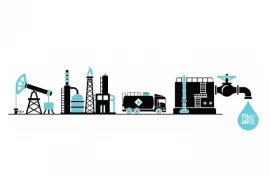

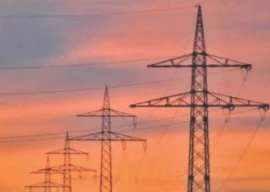
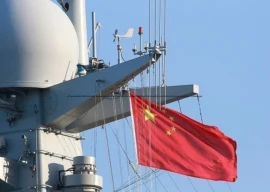







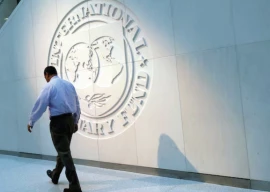



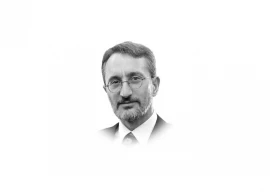


COMMENTS
Comments are moderated and generally will be posted if they are on-topic and not abusive.
For more information, please see our Comments FAQ